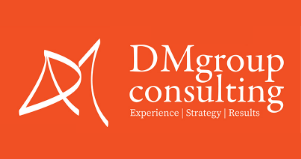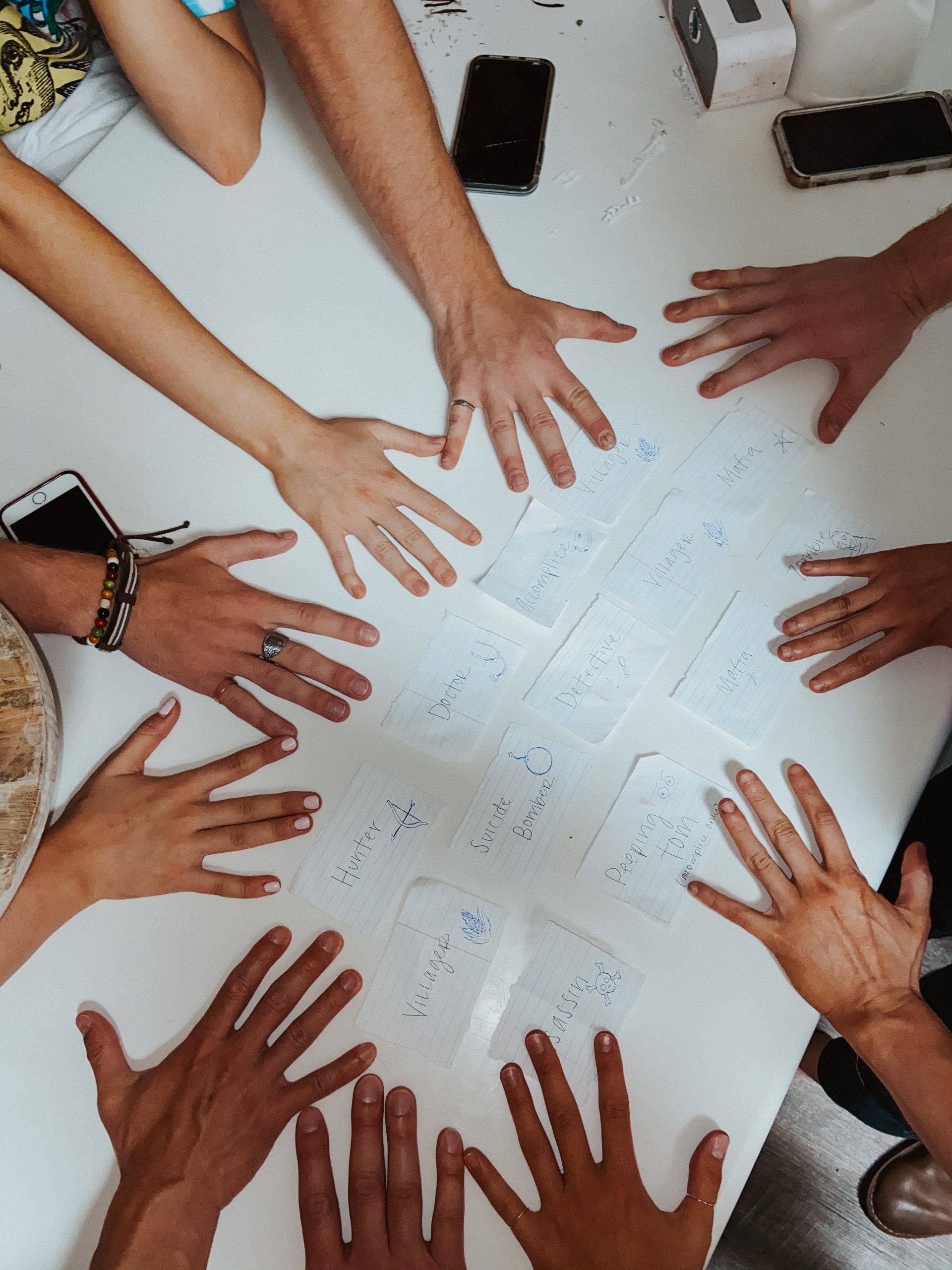These words: inclusion, diversity, equity, access have become buzzwords, used interchangeably. That’s why I’m starting with the definitions. Each word has a different meaning, but they are all positive responses to the challenges we face in our communities across the country.
Inclusion: (noun) the act of including. Include (transitive verb) to take in or comprise as a part of a whole.
Diversity: (noun) the condition of having or being composed of differing elements.
Equity: (noun) justice according to natural law or right.
Access: (noun) freedom or ability to obtain and make use of something; (transitive verb) to be able to use, enter, get near something.
As long as I’ve been in fundraising, the challenge has been to “diversify” the board. That used to mean include more women; then it meant including African Americans. Today, it still means both of those, but now the meaning is broader and must be deeper. We must intentionally and actively invite people who don’t look like us to share access to the board room.
Imagine you’re a young woman in Dallas. You and your girlfriends are going out for dinner and drinks. You all decide to try a new spot-on McKinney Avenue. It’s early evening and the place is not crowded. There’s no hostess, so you all claim a corner table by the window. The waiters don’t come to your table, maybe they’re busy, you say to each other. Then you notice people being served who came in after you and your group. Still no water glasses, no menus are offered. Finally, you go to the waiters’ workstation near the bar where there are a couple of waiters. You say, “who has the corner table?” One of them looks at you and walks away, the other one says, “no one’s going to take your order.” This happened to me and my friends, a group of Latinas, looking good and ready to spend our money. No one threatened us. No one put their knee on our necks or shot us. This is just one of many, many micro-aggressions that happen every day in Dallas and across the country.
To proclaim, “I’m not a racist” is not enough. To expect our African American friends or other people of color to tell us how to be anti-racist is the epitome of white privilege. You may respond, “that’s not me,” but I ask you to consider,
- Have you ever been afraid to ask a police officer for help?
- Have you ever been ignored or not served at a store or restaurant?
- Have you had to give your sons, The Talk?
If you answered “no” to these questions, then you have benefitted from white privilege. The work is ours to do. In the nonprofit sector, inclusion, diversity, equity, and access will help us serve more people, raise more money, and make our communities better places to live and thrive for all.
Here are some resources:
Uncomfortable Conversations with a Black Man, podcast and book by Emmanuel Acho
How to Talk About Race, TEDX talk by Eric Deggans
Black Lives Matter movement,
WSYWAT
Asian American Pacific Islander
Human Rights Campaign
The 1619 Project, New York Times
How to Not Be A Racist by Steve Jons
National Center for Civil and Human Rights
LULAC
At DMGroupConsulting, our goal is to help you achieve your goals. Contact us at https://dmgroupconsulting.com/contact/.




